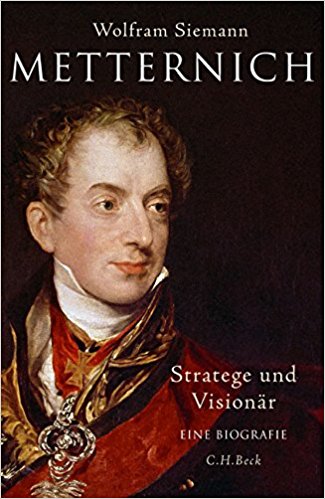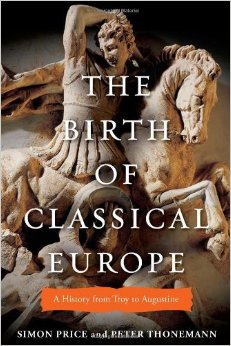I was employed by a think tank for most of 2019.
What is a think tank? Many ask.
I might be able to record some kind of useful insight into the “what a think tank is” question, based on my own experiences this year and by what I know of a few other think tanks I have been able to observe at close quarters in the past few years (sometimes doing some sort of work for them, sometimes just as an observer).
The think tank hired me to do research on Asia; to help with various of their publications and projects, some new and some ongoing, especially Korea-related.
It was a small think tank, not without its problems. I was the most Korea-knowledgeable person there. I was a regular employee, but those of us at low levels were under a contract for a certain period of time.
The best way I figured out for how to describe (to a certain kind of person) what it’s like at a think tank is this: It’s a series of elaborate, somewhat-interrelated, large-scale, long-term graduate school projects. Unlike actual graduate school projects, money flows towards those doing the work.
The above sounds good, I expect. On the negative side, most think tanks are quasi-academic and therefore remain always at risk of falling into the same kind of “jealous guarding of little fiefdoms” problem so often observed in academia. Needless to say, this can sometimes create a negative environment.
Another useful way to conceive of this negative side may be: The think tank as a “team version” of graduate school. For many, graduate school itself is, at least intellectually speaking, an intensely personal experience in which you usually have full creative control over your own work, and in which collaboration, to the extent it meaningfully occurs, is voluntary and limited. I would imagine it would be unbearable, for many people who end up in graduate school, if every assignment they did were decided by committee, with the “committee” being several other, let’s say randomly selected, graduate-student-personalities.
Another complication is the competing ‘layers’ of authority:
Continue reading “Post-373: Tank Thinking”












